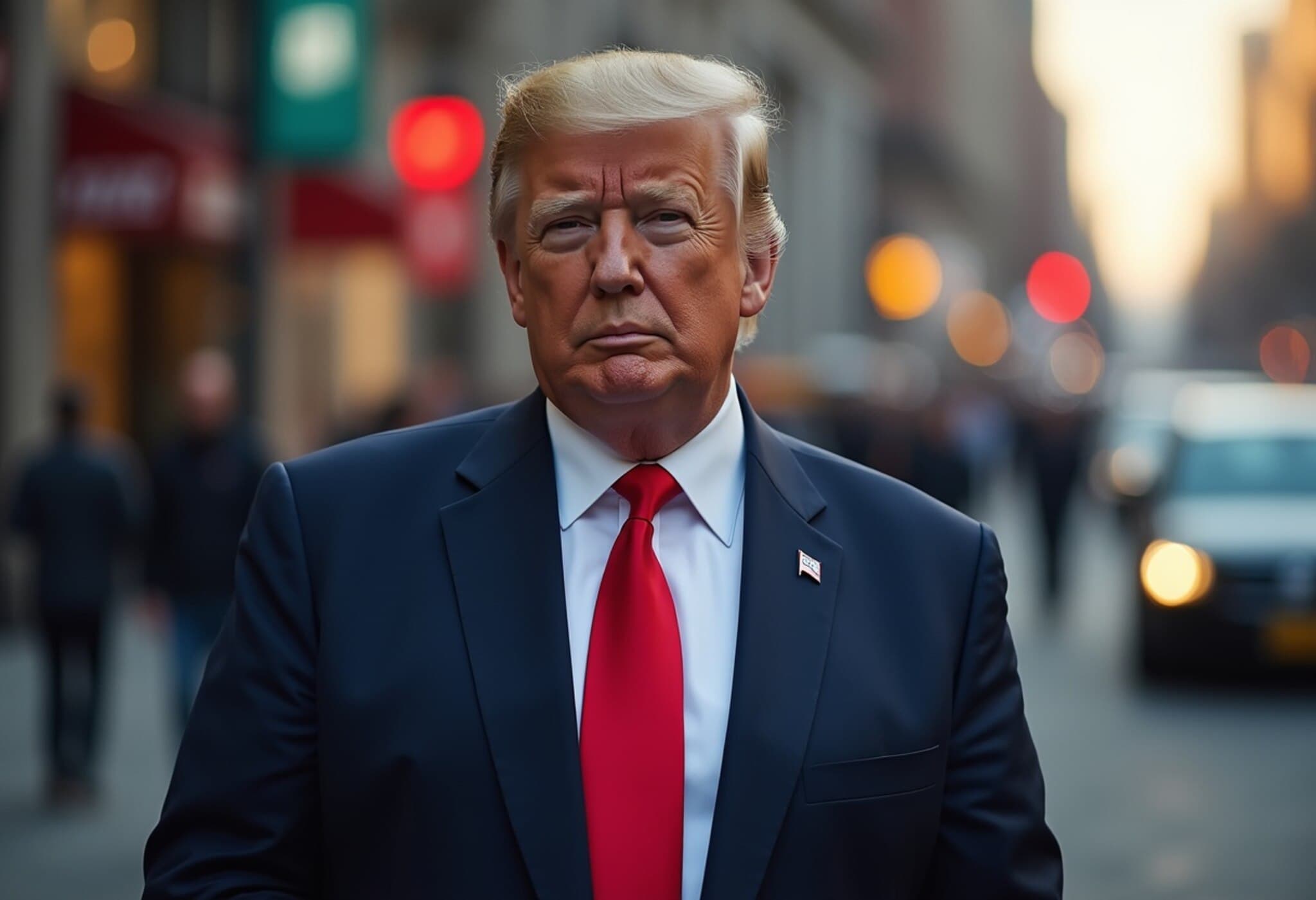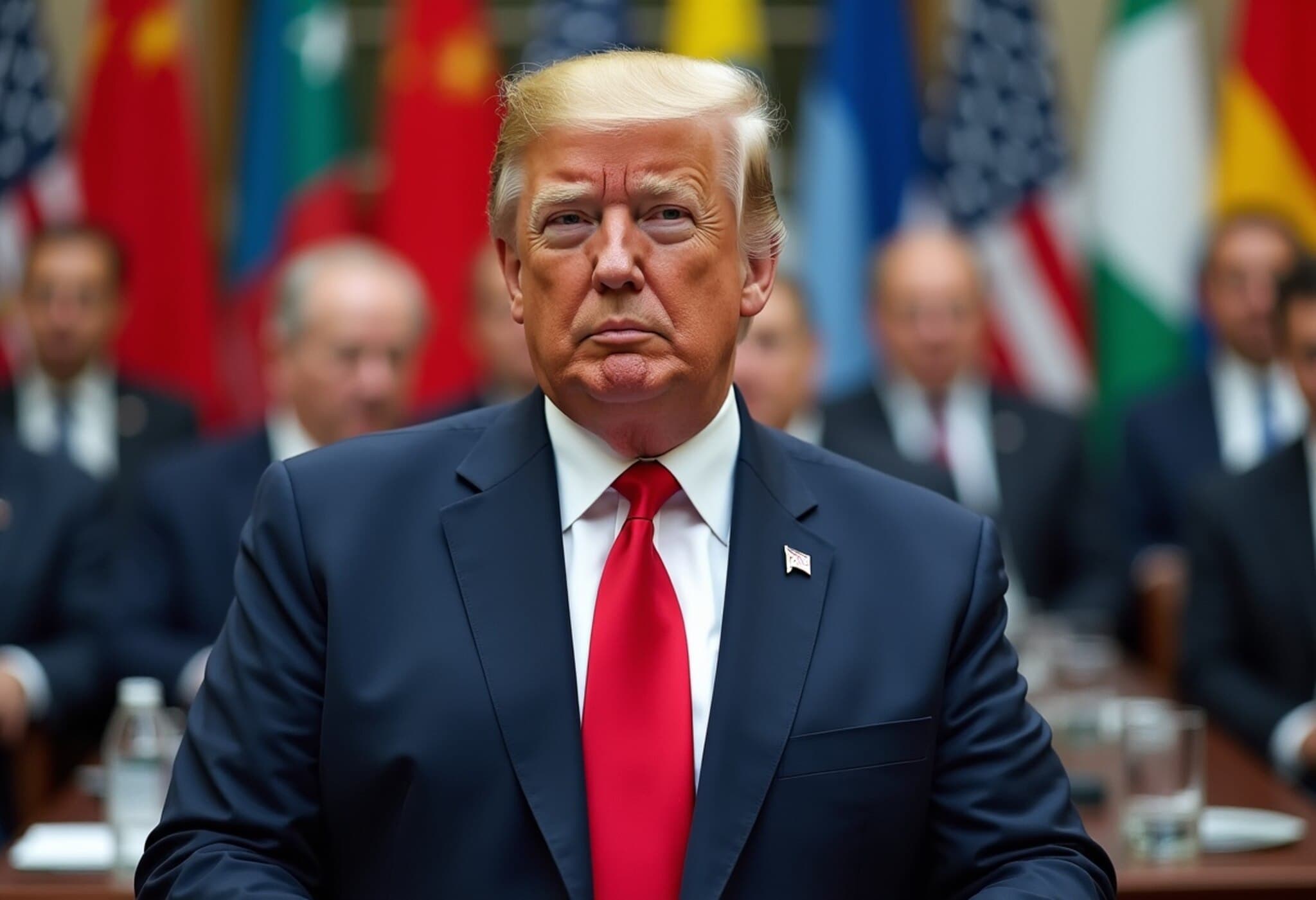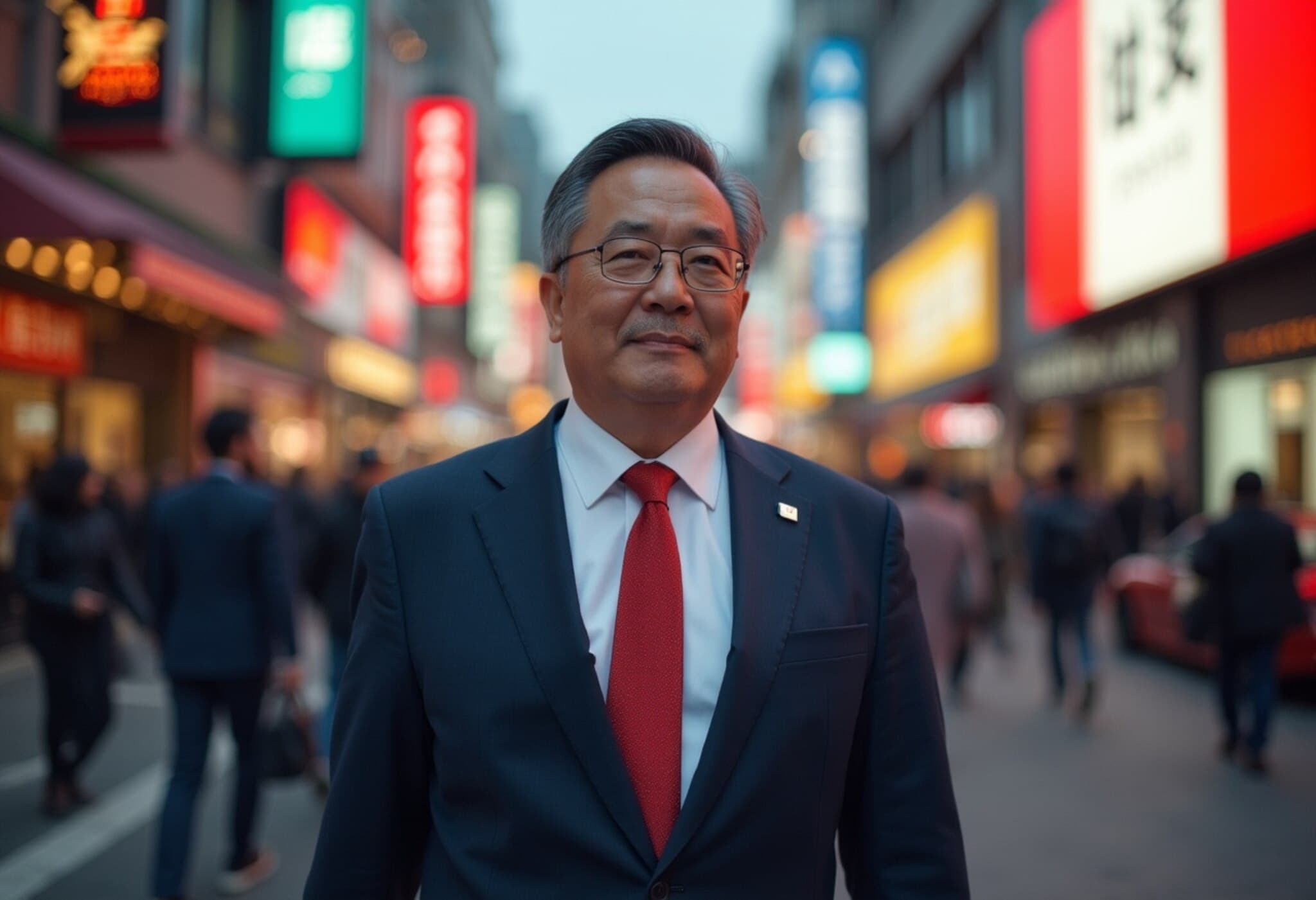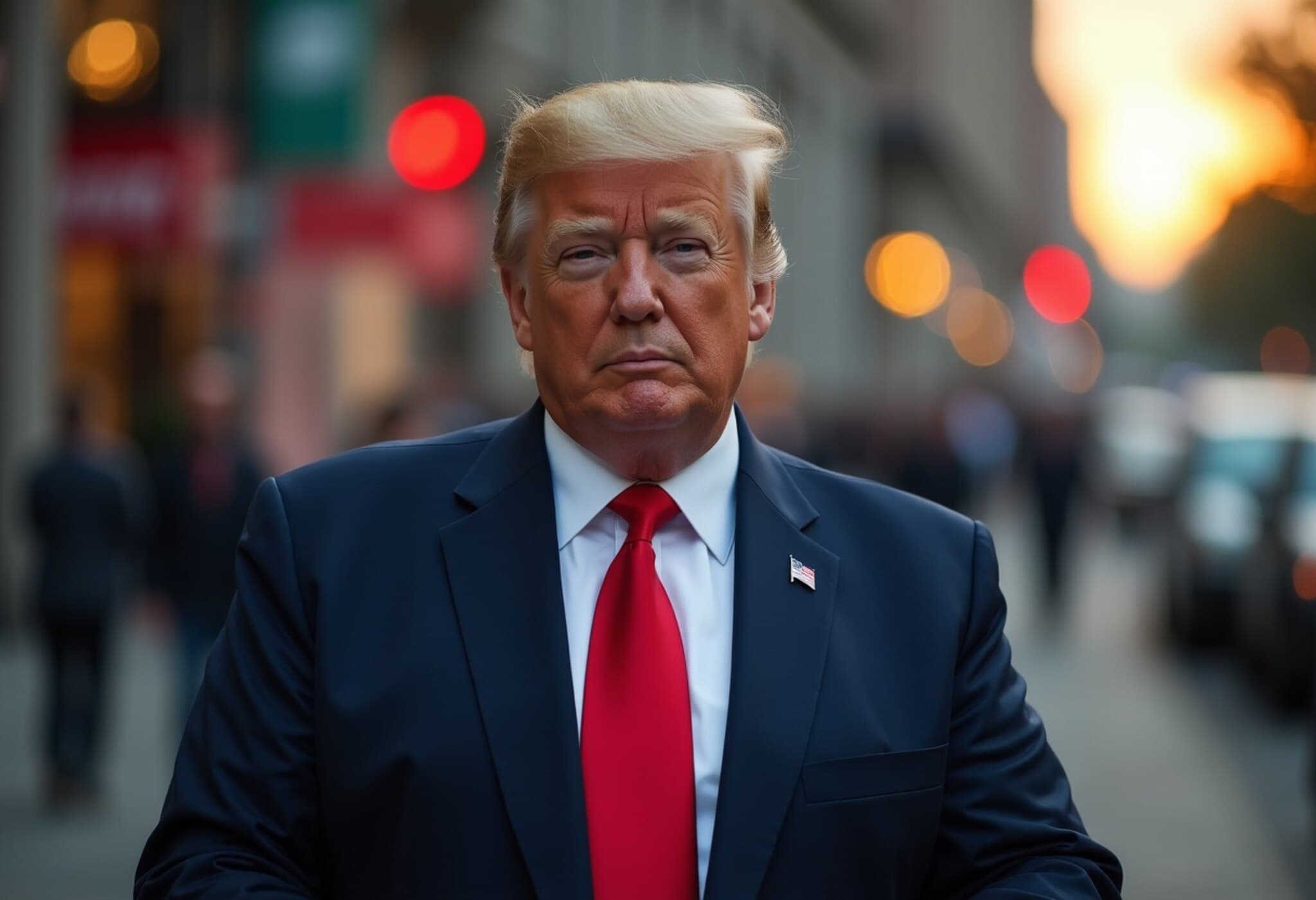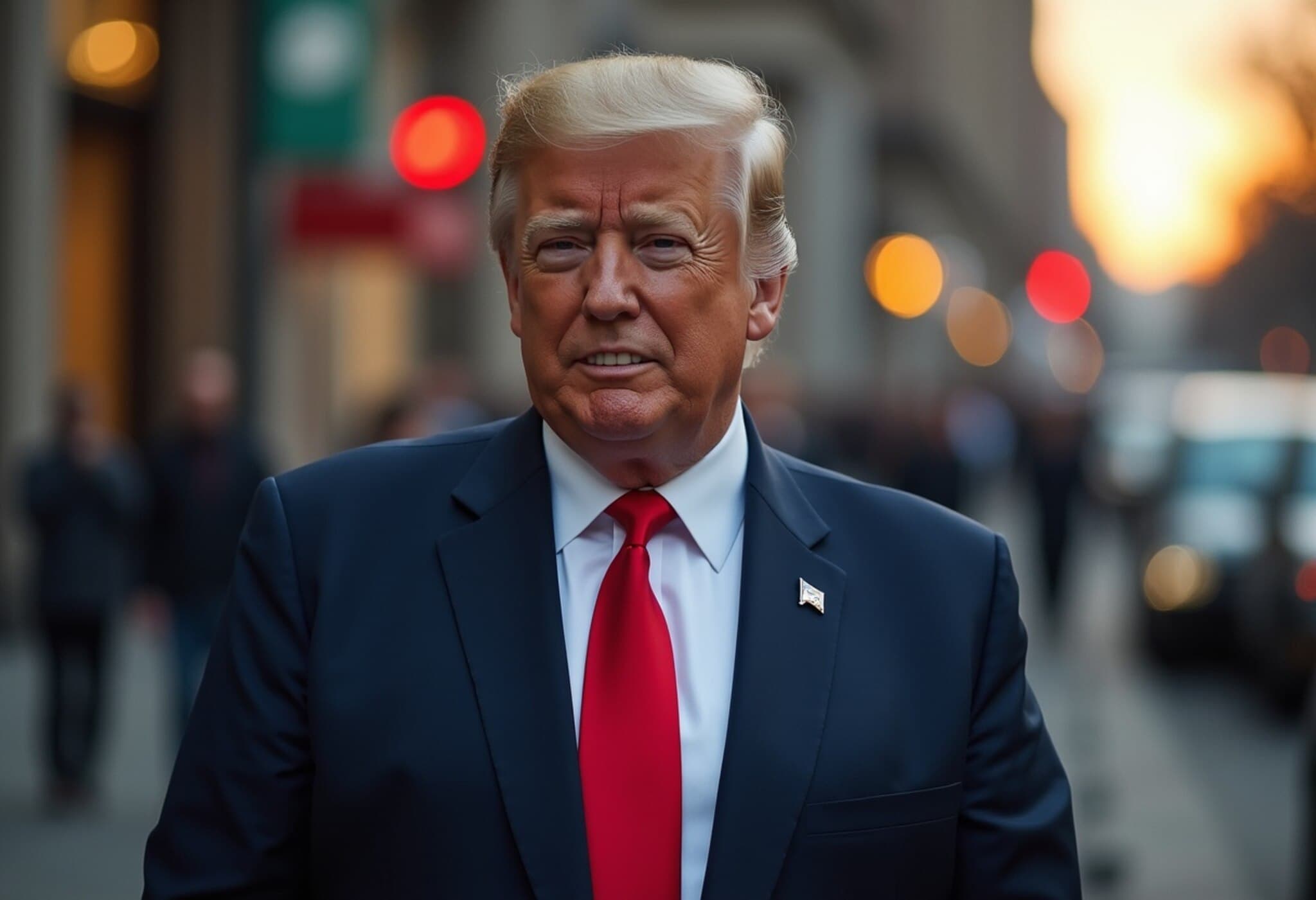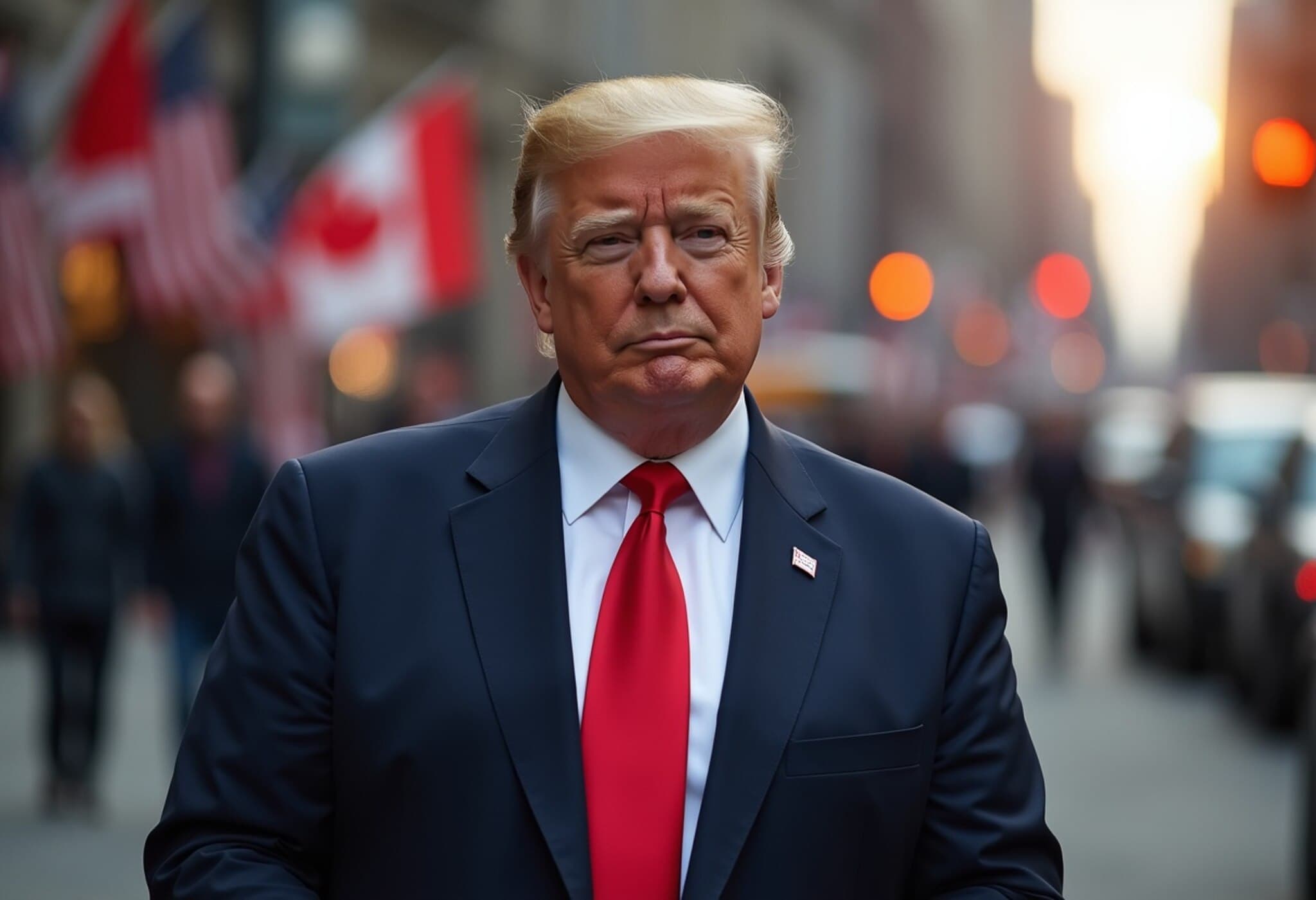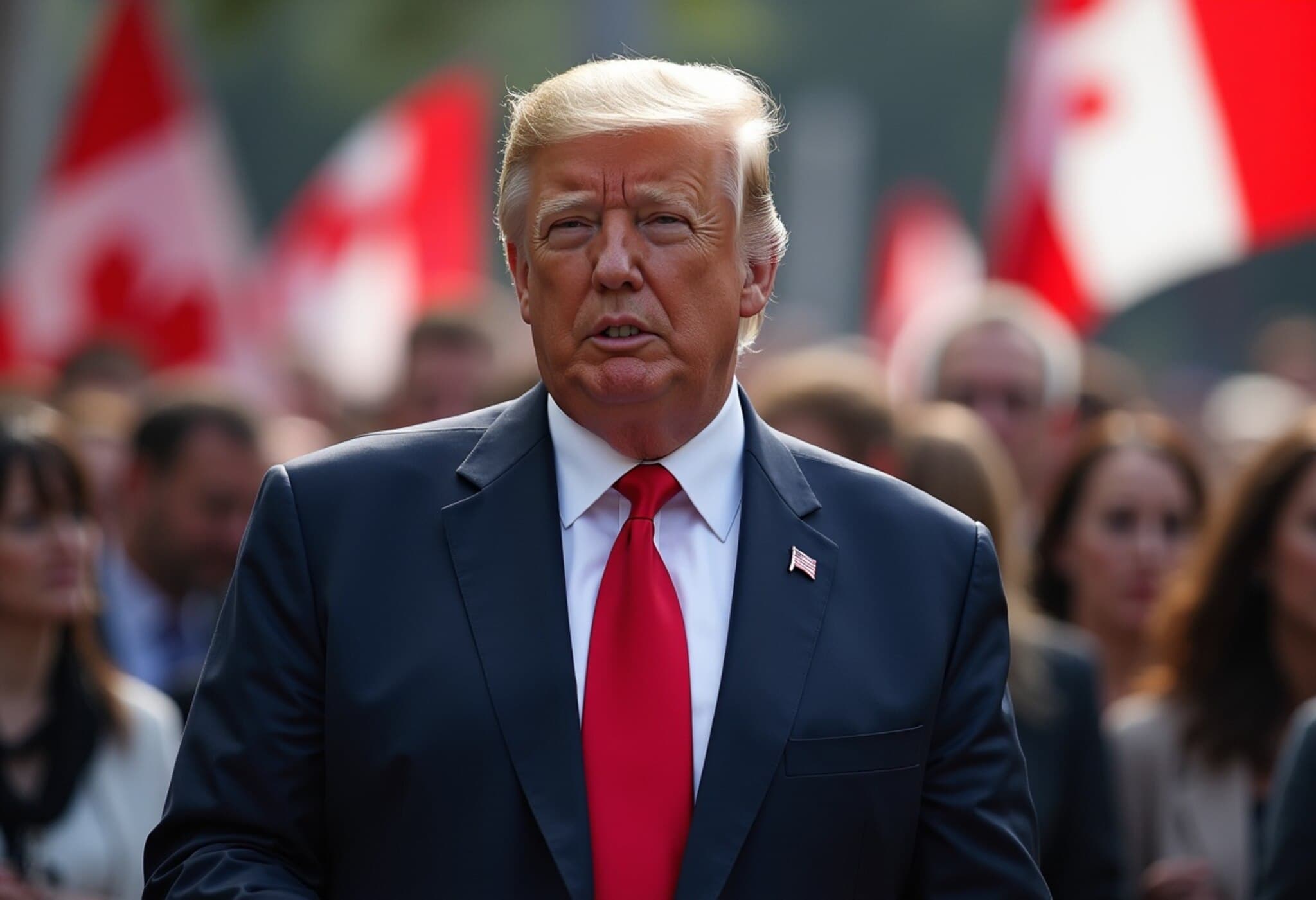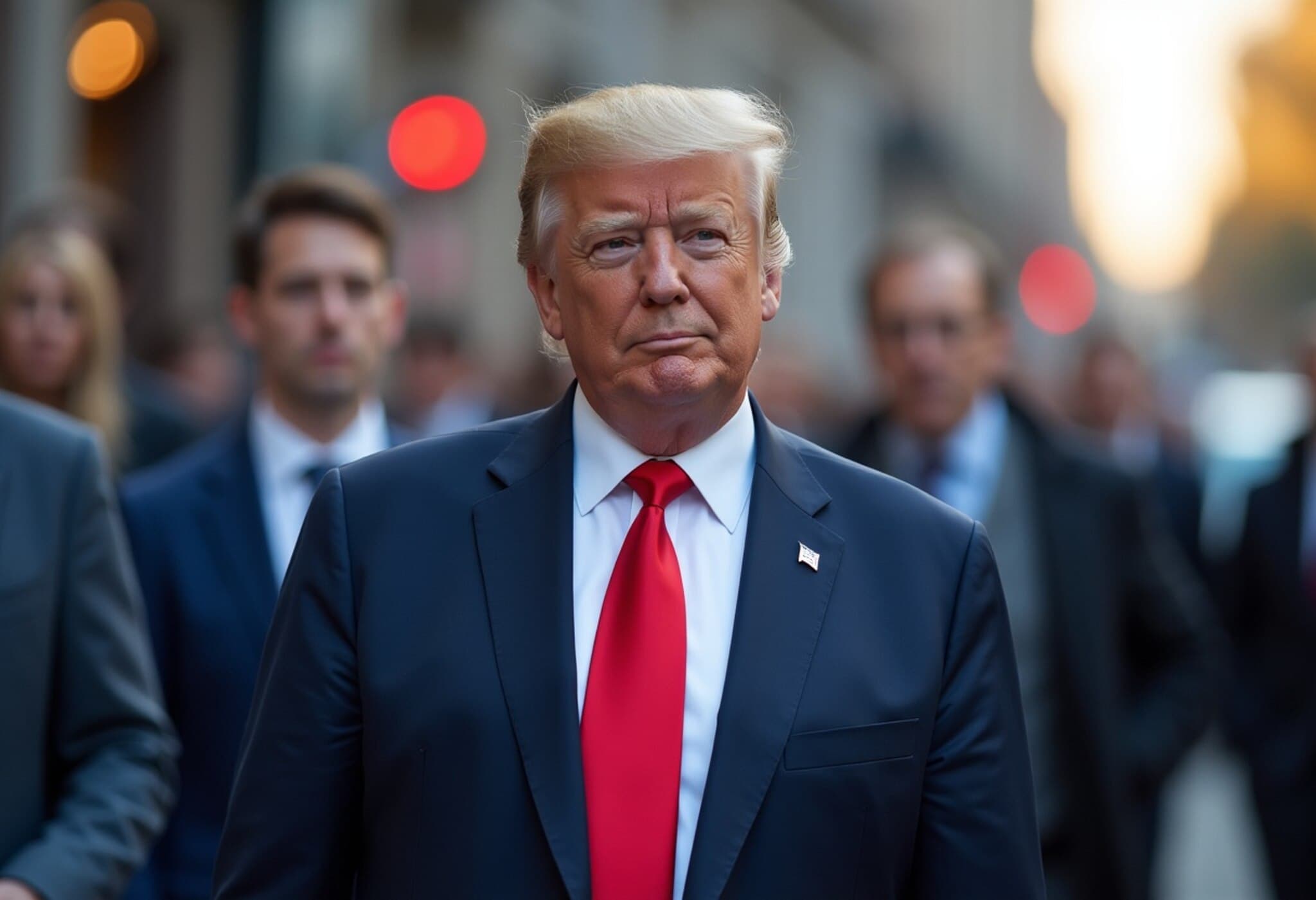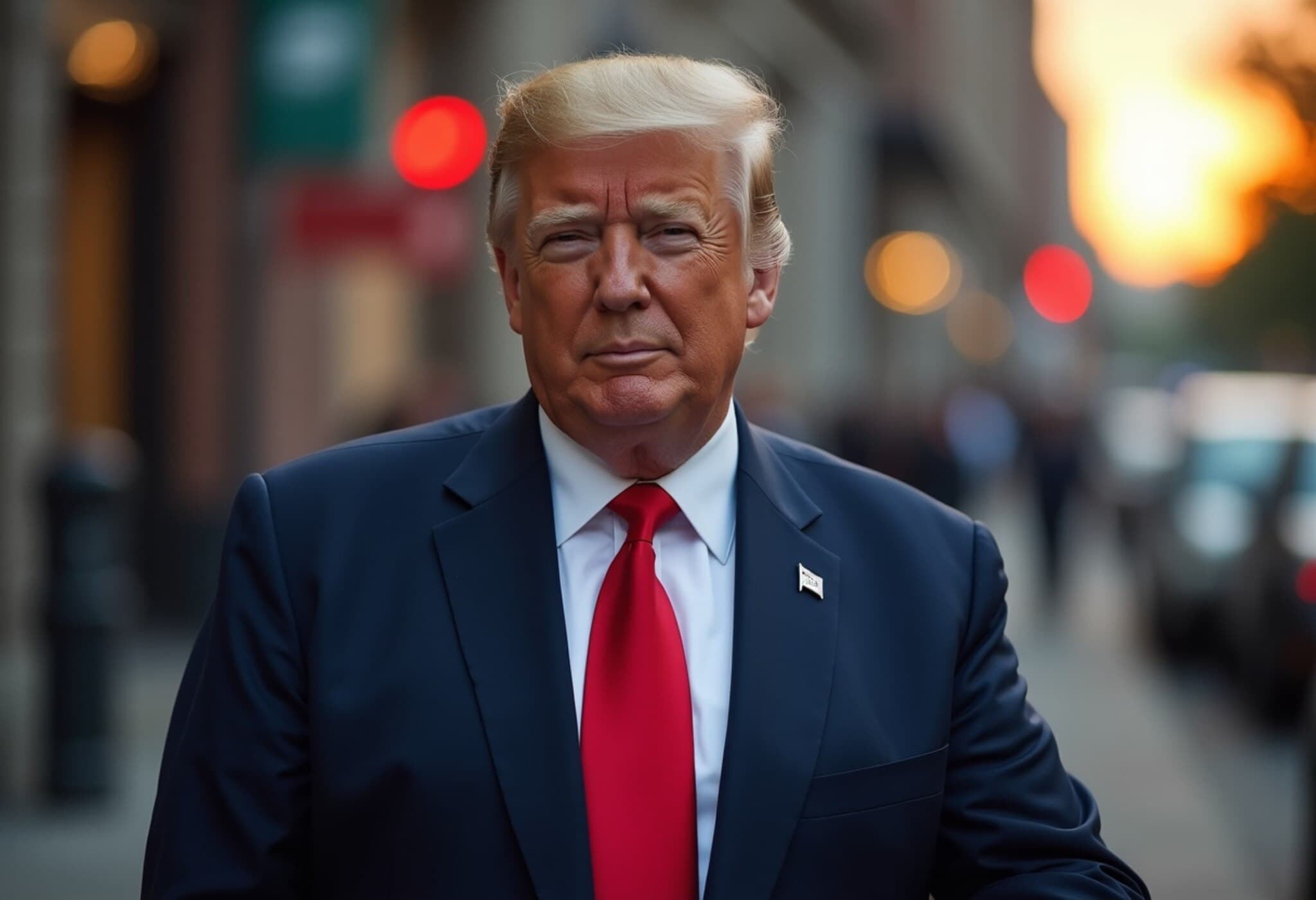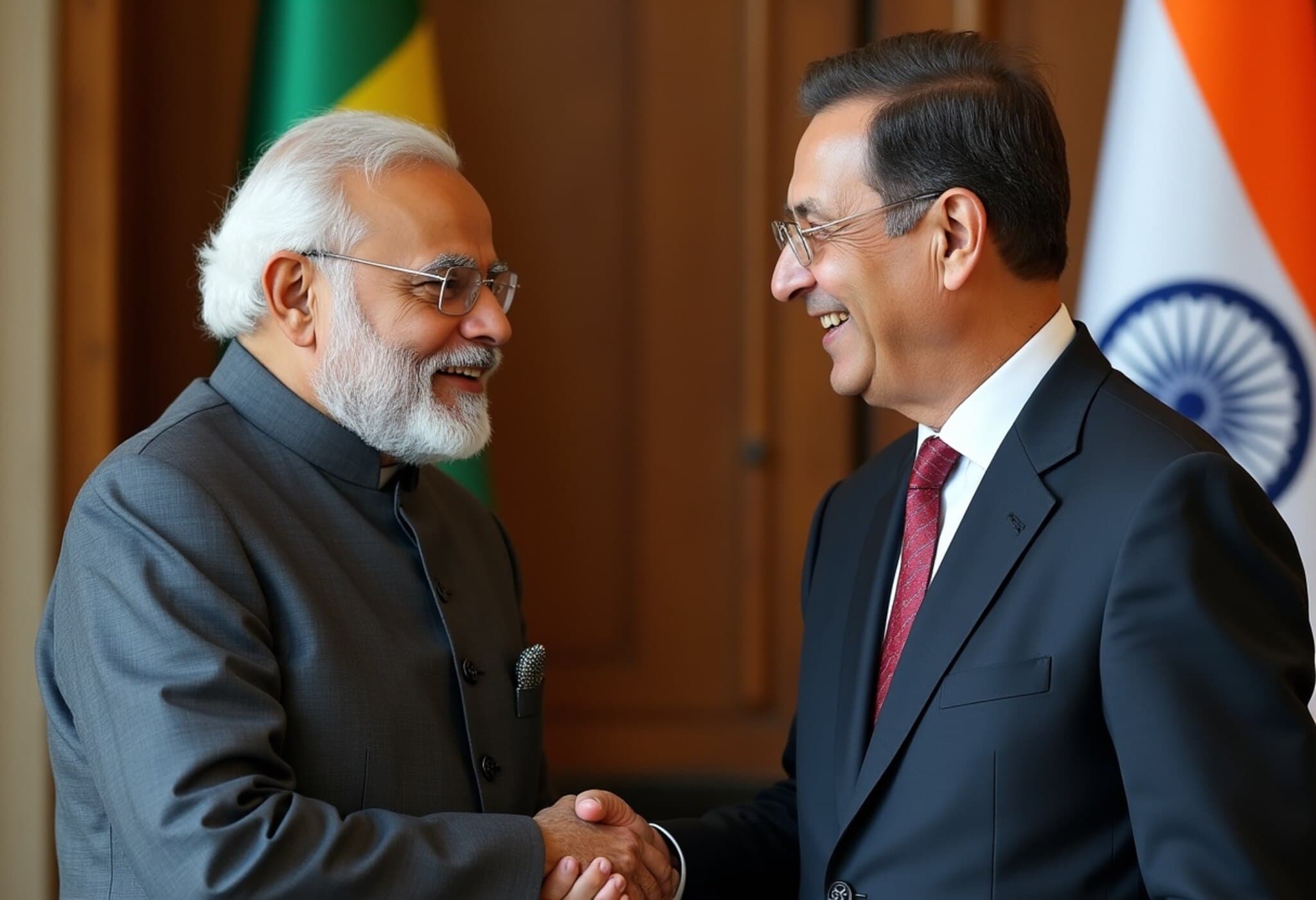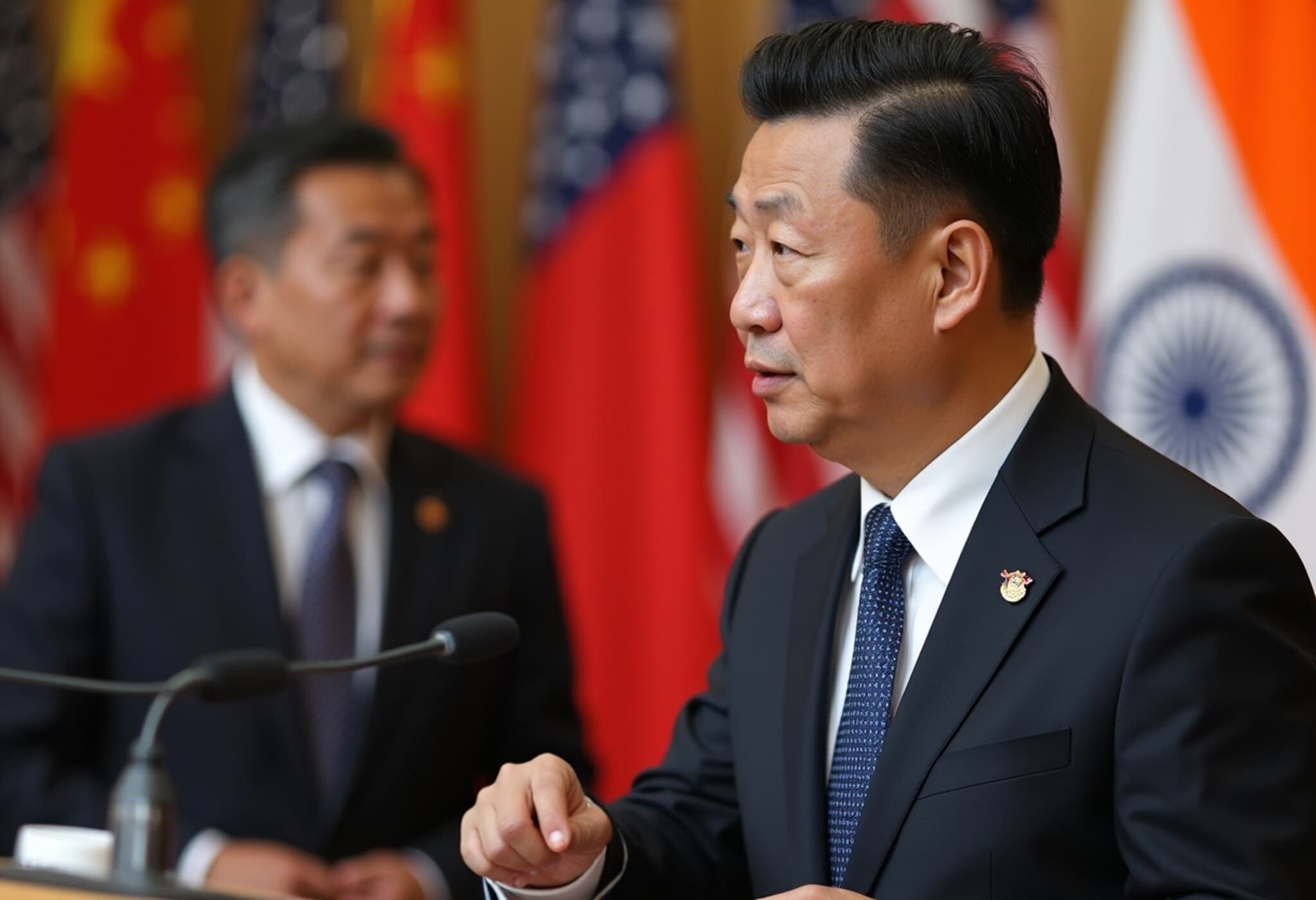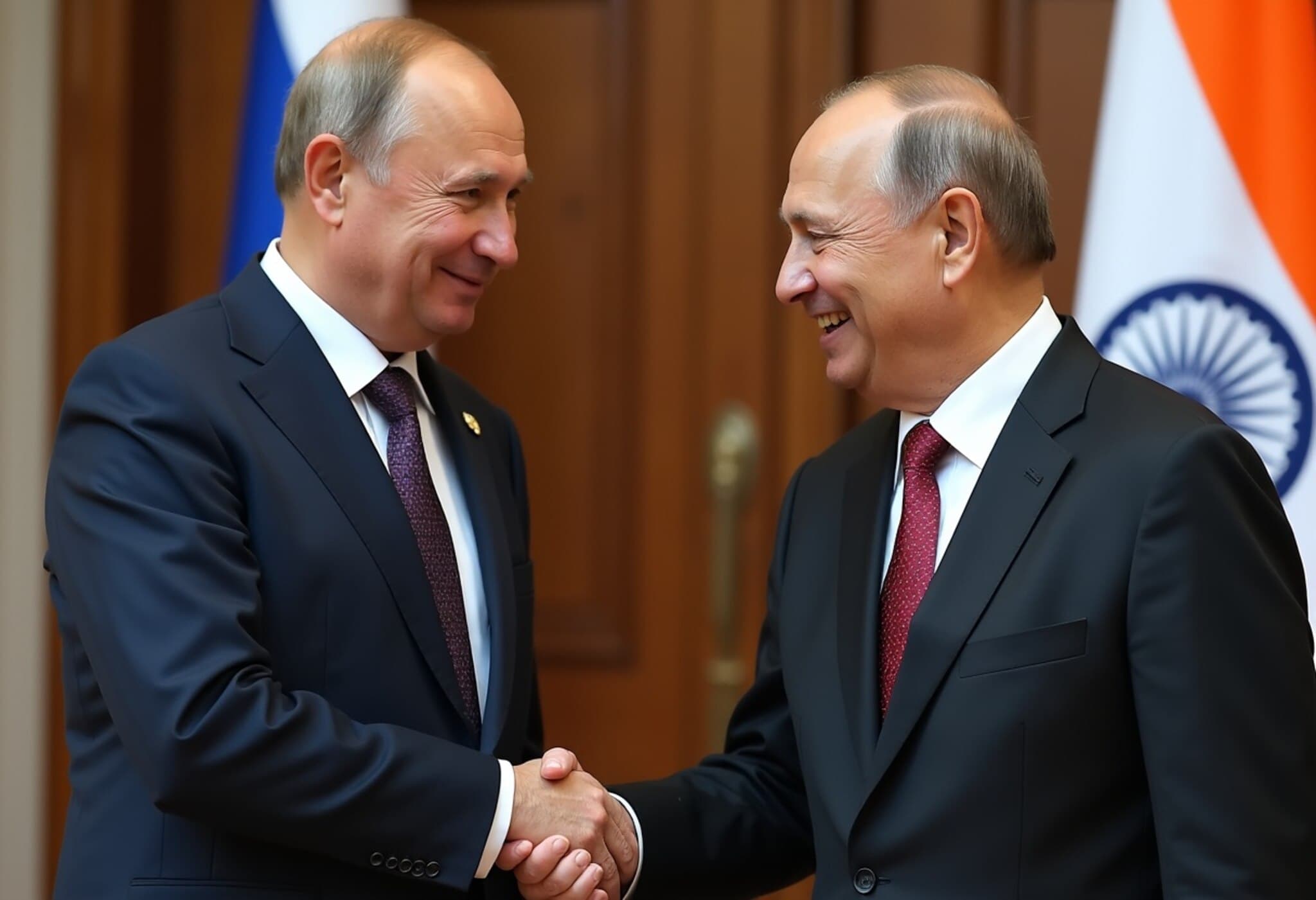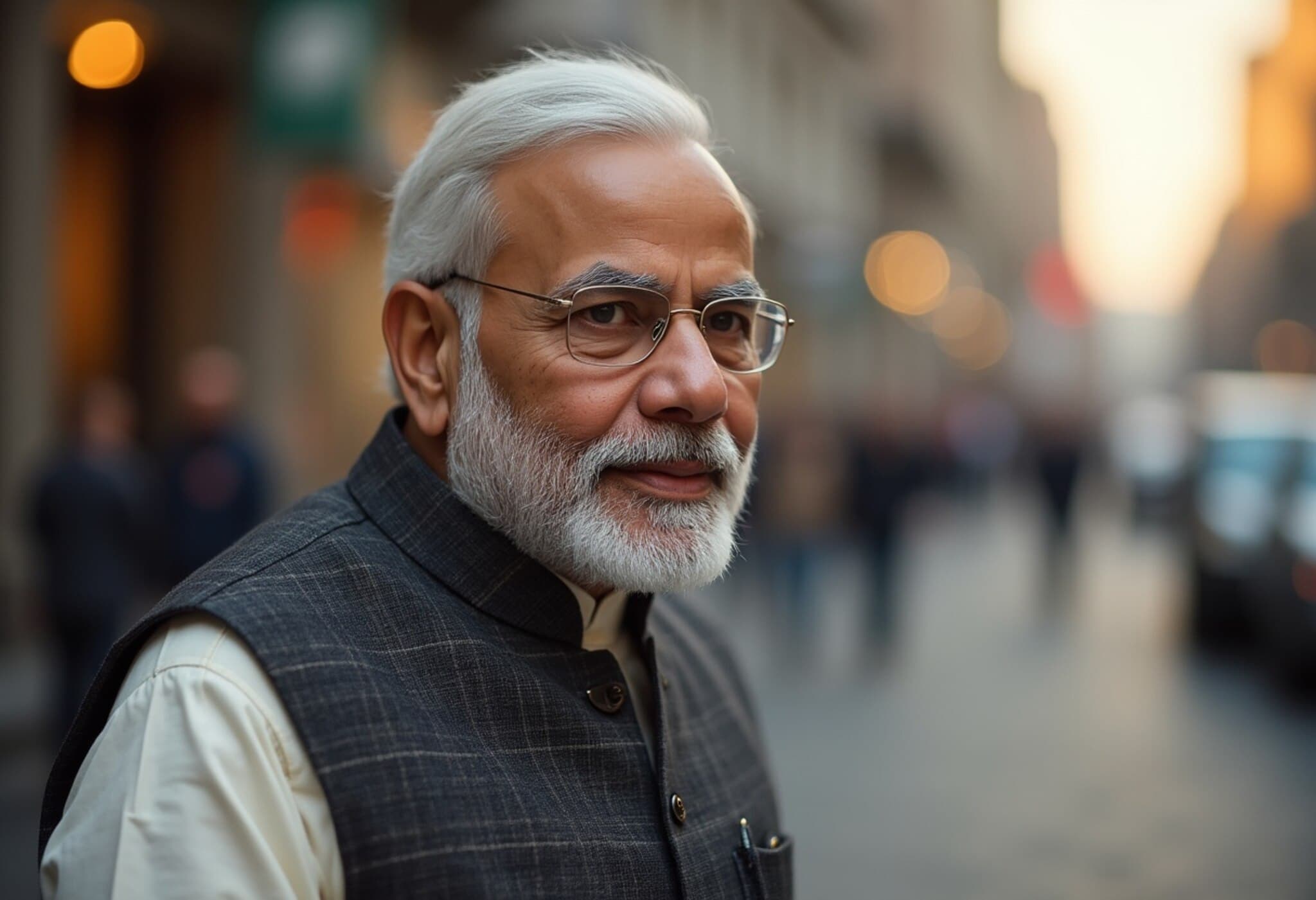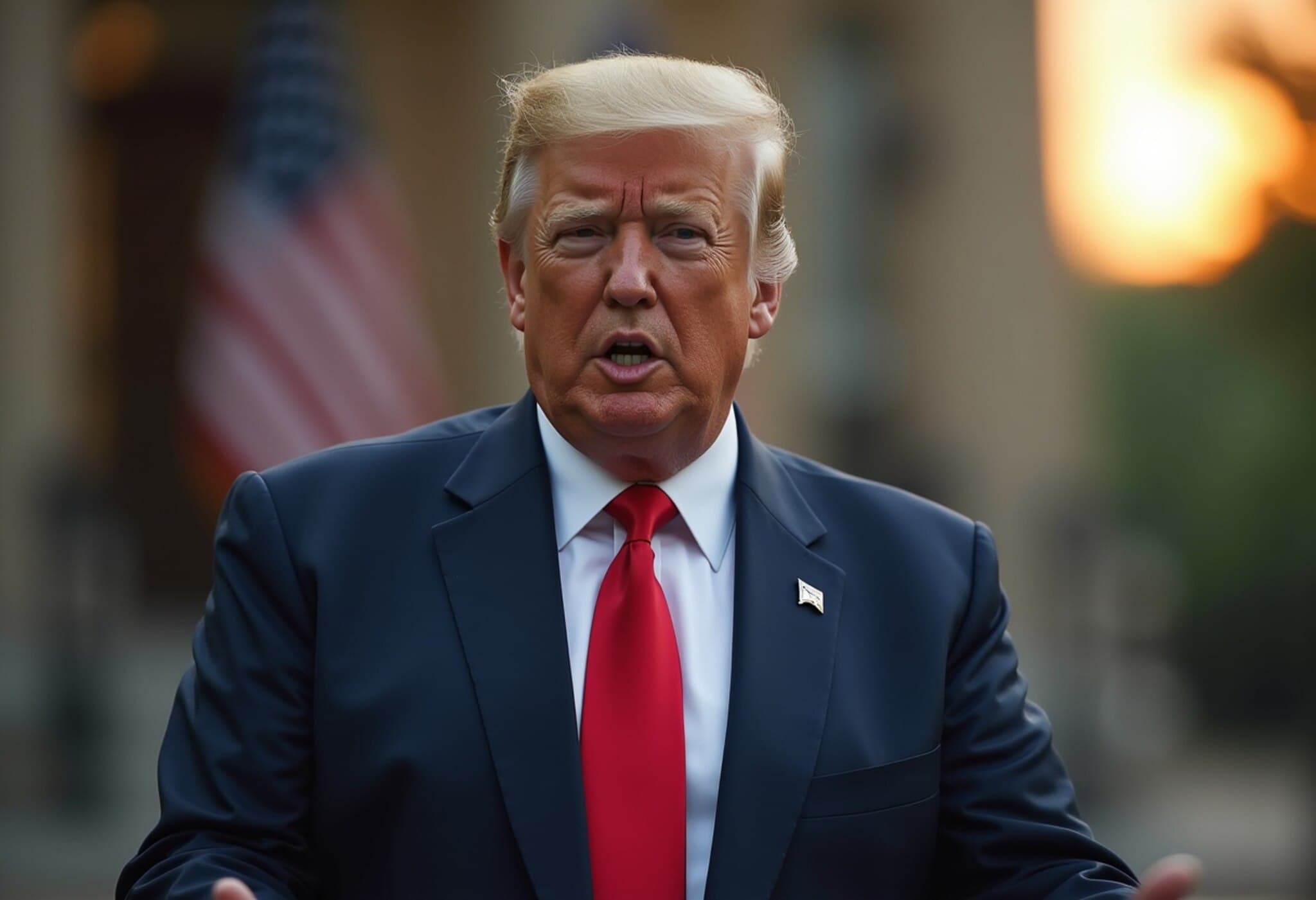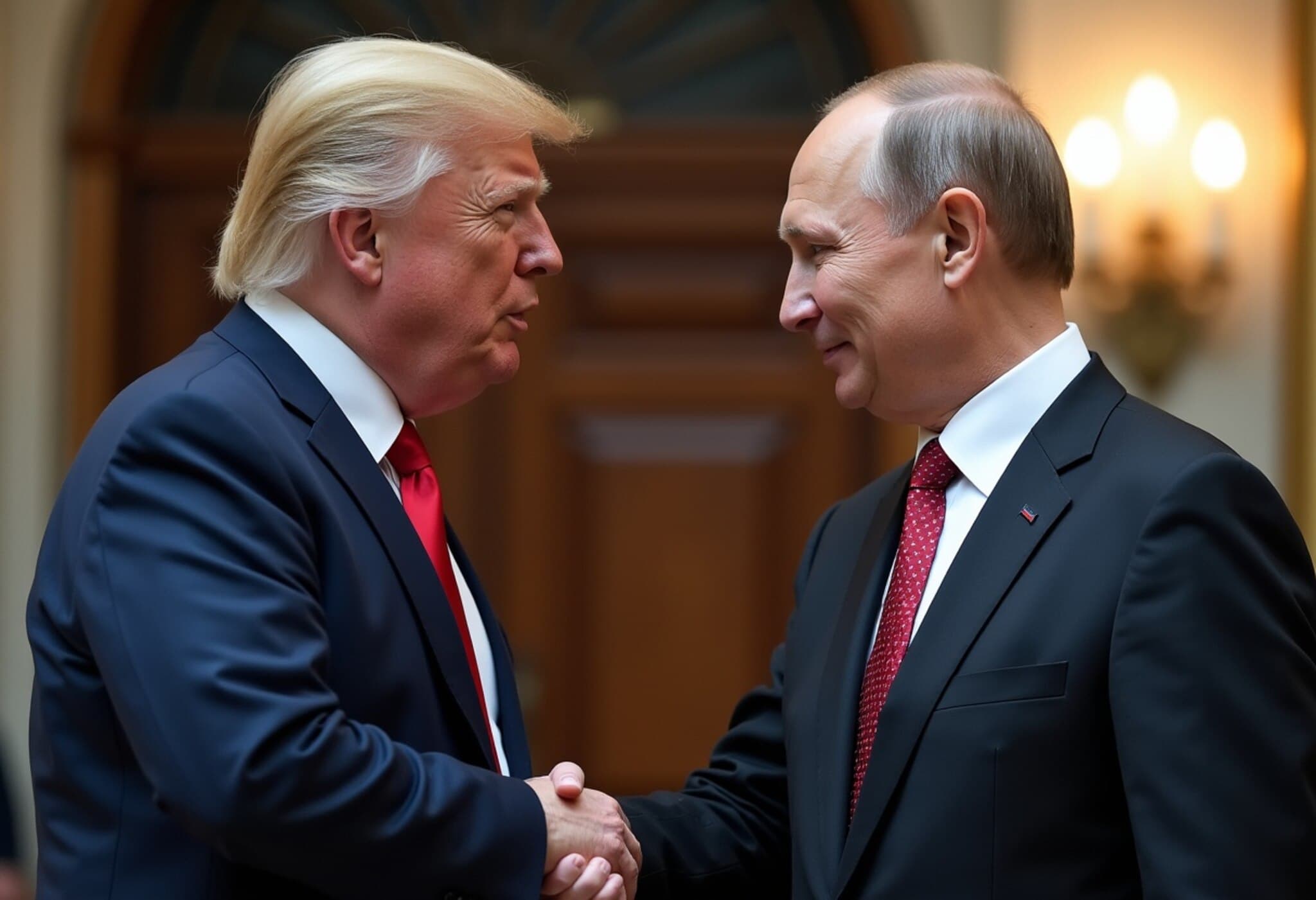Trump Confirms August 1 Implementation Date for New Tariffs
In a definitive move that has reignited tensions across international markets, former US President Donald Trump has reiterated that new tariffs on a wide array of imported goods will officially begin on August 1, 2025, with no possibility of delay or extensions. This firm deadline, announced via a post on Trump's social media platform Truth Social, signals the administration's unwavering stance on reshaping America’s trade policies.
Background: Gradual Escalation of Tariffs Since April
The tariff tensions trace back to April 2025, when Trump initially imposed a sweeping 10% tariff on goods from virtually all trading partners. Subsequently, the administration outlined plans to implement customized, higher tariff rates targeting dozens of countries. These rates, ranging as high as 40% for some nations, were temporarily paused until July 9 but now face activation without leniency.
Countries Targeted and Tariff Rates
- Japan: Tariff rate increased by 1 percentage point from previous announcements.
- South Korea: Retains a tariff rate of at least 25%.
- Indonesia, Bangladesh, Thailand, South Africa, Malaysia: Facing duties between 25% and 40%.
- Fourteen nations overall have been formally notified that these rates will apply unless bilateral trade agreements are swiftly negotiated.
Additionally, Trump warned of even higher tariffs if countries attempt to retaliate or circumvent the tariffs by rerouting exports through third countries, escalating the potential for a tit-for-tat trade conflict.
Implications for Global Markets and Trade Diplomacy
This move represents what experts are calling the most significant US tariff surge in nearly a century, harkening back to the protectionist maneuvers of the early 20th century that historically intensified global economic strains. The uncertainty surrounding these tariffs has already rattled international markets, unsettling supply chains and unsettling investors worldwide.
Trade analysts emphasize that the announced tariffs could disrupt global supply chains, exacerbate inflationary pressures in both the US and affected countries, and stifle international cooperation at a time when economic recovery from recent global crises remains fragile.
Expert Insight: Navigating Trade in an Era of Escalation
Dr. Lisa Chen, a senior fellow at the Center for International Trade Policy, notes, “While the intention is to protect domestic industries and jobs, such sweeping tariffs risk sparking retaliation that could escalate into a full-blown trade war. The timing and rigidity of the August 1 deadline leave little room for diplomatic negotiation, increasing the stakes for all parties involved.”
Moreover, from a legal perspective, challenges at the World Trade Organization (WTO) could arise, questioning the compatibility of such tariffs with international trade obligations.
What's Next?
As the August 1 date looms, attention turns to how affected nations will respond—whether through negotiating new trade agreements, retaliatory tariffs, or strategic economic realignments. The coming weeks will be critical in determining whether this tariff imposition leads to further escalation or a path toward diplomatic resolution.
Editor’s Note
The impending tariffs underscore the complex balancing act between protecting national economic interests and maintaining stable global trade relations. While the administration’s hardline approach appeals to certain domestic constituencies seeking fairer trade terms, the international repercussions could be profound and lasting. Readers should watch closely how these tariffs influence prices, supply chains, and diplomatic relations moving forward. Are economies prepared for the potential ripple effects, or will this mark the start of renewed trade fragmentation?

